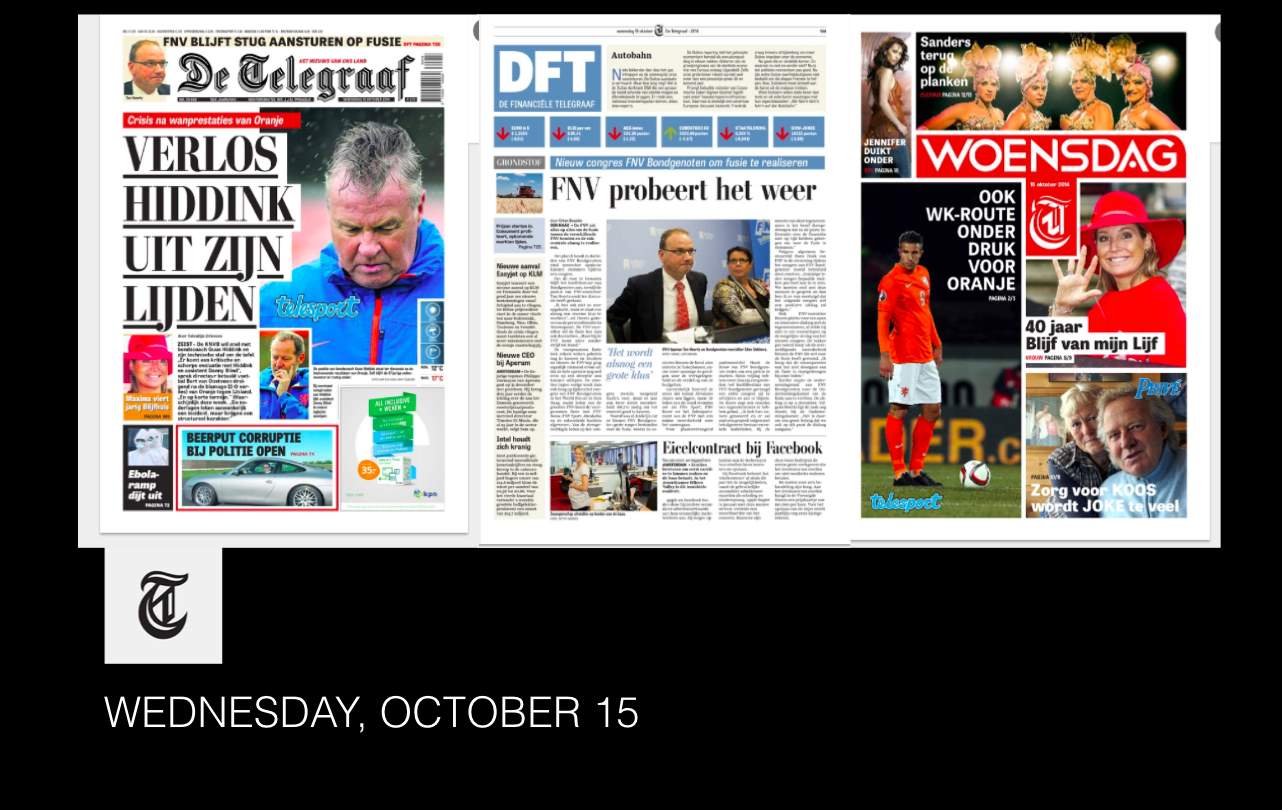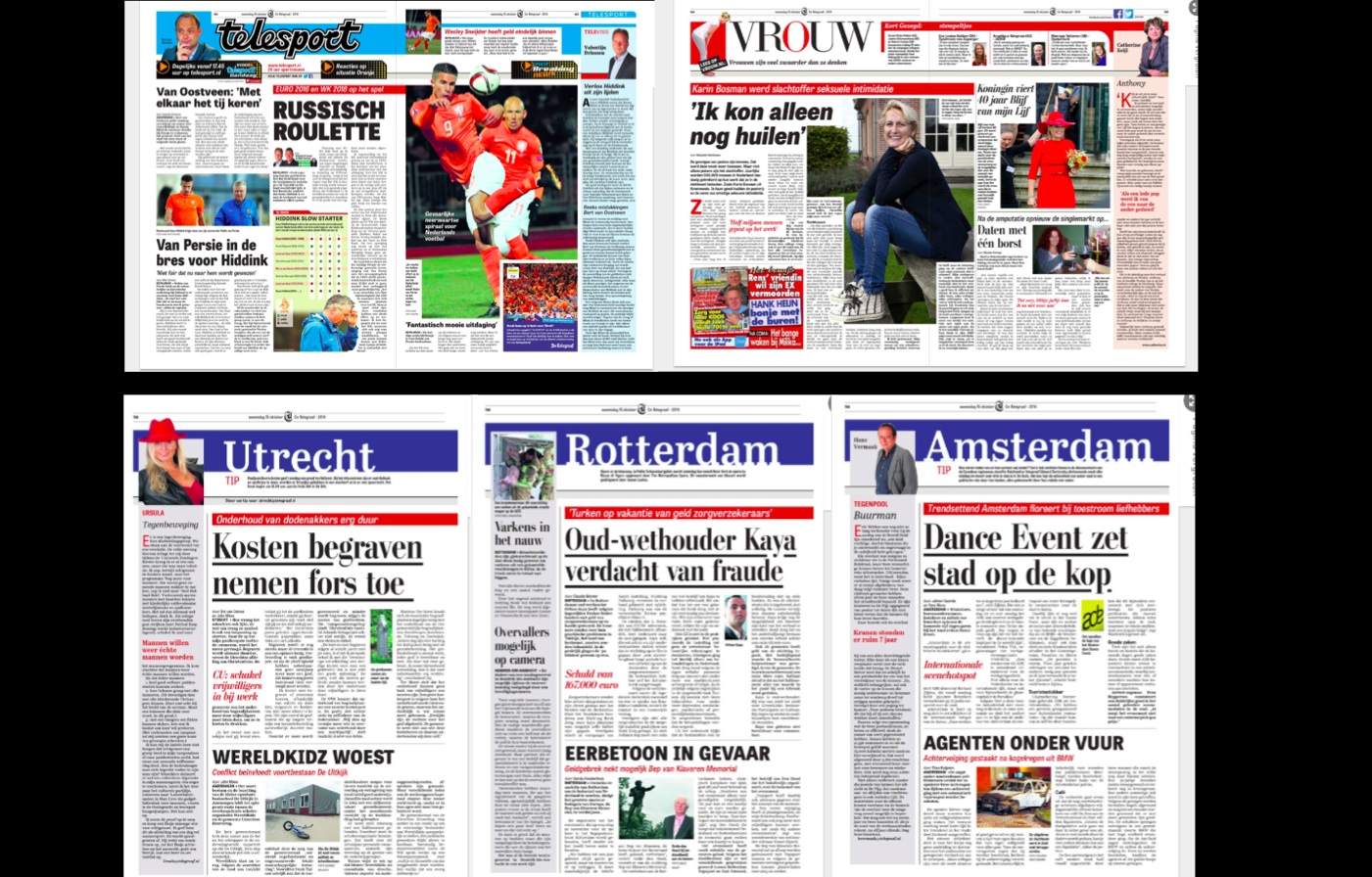I am sure that those of us Babyboomers were once the main event for newspaper publishers and TV execs. Yep, it was we who transformed everything we touched, lacked any sense of conforming to the established rules, and who are now members of the AARP, with all the aches, pains and memories that such membership entails. Certain brands after still after us, I am sure now that we are between 60 and eternity.
Today, however, it is the Millenials that publishers everywhere spend sleepless nights thinking about. The Millenials are between 14 and 34—that’s quite a stretch, I know. I have grandchildren at the start of the curve and children just above it. I would not put them in the same basket, and neither should the media.
The alays insightful Ken Doctor addresses the issue in a recent Nieman Lab report. He refers to such brands as Vox, BuxFeed, Vice and Fusion as having one thing in common:
“They all aim to get significant shares of the millennial market. It’s a market — similarly sized to the baby boomers who reshaped selling and buying — that has come of marketing age. They run in age somewhere between 14 and 34 (there’s little agreement on its age boundaries; have someone in the range take this Pew quiz) and number about 78 million in the United States.
“At that size, this generation will spend $200 billion annually by 2017 (and $10 trillion in their lifetime) in the U.S. alone. It’s the lower end of the 25-54 audience that TV advertisers covet, and therein lies a new tale of budding ad competition. Young consumers’ brand buying preferences remain open to suggestion.
The news generation gap
While the figures are impressive and should set alarm bells ringing for publishers everywhere, I found Ken Doctor’s concept of “a news generation gap” more interesting.
“Millennials are somewhat self-segmenting in their choice of media overall, and that includes, of course, news media. The digital age transformed the who, the what, and the on what of their media consumption.
“The younger millennials are the digital natives, a strange species first identified back in the last century. Now it’s out of high school, in college and in the workforce. Digital natives don’t see much use in print, especially packaged news as stale as day-old bread. Move up the age ranks into the early thirties, and we can see millennials’ uneven reading habits relating to legacy media.”
Not surprisingly, the older millenials (in their 30s) are more likely to retain at least a toe in legacy media. Impacting to read that 30% of The Wall Street Journal’s online audience is millenials.
For millenials, however, digital is where it is at, and I don’t think we should waste any time trying to lure them to print products.
My advice to clients: those Millenials know of your brand. They grew up with it, recognize it and, in most cases, respect it, even if they do not come in contact with its most traditional platform: print.
So, as Ken Doctor suggests, explore the huge potential that millenials represent for what he calls “the digitally proficient publishers.”
The millenials like to consume news, and they like to find it in one place—their smartphones and other mobile devices.
It should be no secret to anyone in the last quarter of 2014 that to serve this group and those following it, we must place our emphasis on mobile.
One way to start: hire millenials in your newsroom. You can't expect to appeal to a group who is not fully represented in your journalistic team. In my view, for every editor over 50, there should be a “co pilot” who is a millenial, working side by side.
Of related content
Millennials Want to Party With Your Brand But On Their Own Terms
First paragraph:
Too many brands think if they've got a Facebook page, a Twitter account, and maybe an Instagram or Pinterest feed, they're doing all they can to reach the social generation. But millennials trust strangers over friends – so if your whole millennial marketing strategy is limited to social networks, you're not hosting the right party.
5 things we know about how younger generations consume media
First paragraph
Despite all the talk about “digital natives”, “millennials”, “generation X, Y, Z” and all the other buzzwords most media execs use to describe those younger than themselves, many still underestimate quite how much media consumption habits differ between generations.
De Telegraaf tabloid: Day 5

